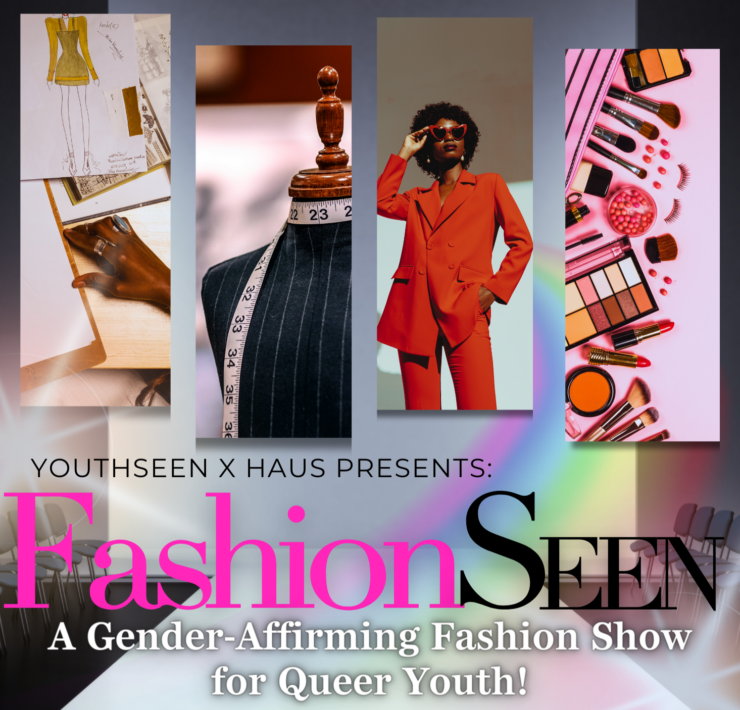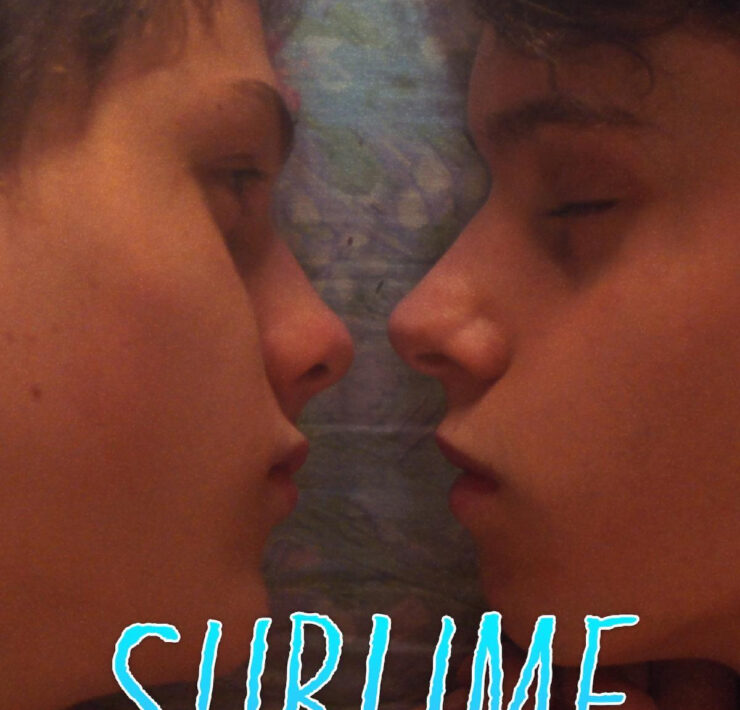Fostering Pride: How to Support Queer Youth in Foster Care

There are protections in place for most of our youth when it comes to fostering, but are there any protections for LGBTQ children within the system?
In 1994, retired Michigan Representative Dale Edward Kildee sponsored the Improving America’s School Act. In that bill was contained a secondary act known as the Multi-Ethnic Placement Act of 1994, commonly referred to as MEPA. This little-recognized act in the United States Code originally was added to address the race, color, and national origin (RCNO) of children entering and living within the Foster Care system in the United States.
MEPA requires that every effort must be made to place children removed from their parents into ethnically and racially consistent foster homes in order to preserve the culture of the child to the extent possible. While MEPA does not address the unique characteristic of LGBTQ youth being placed in foster care specifically, it did indirectly admit that children in foster cares’ needs relating to the more abstract ideals of culture are indelibly important.
If MEPA was conceived to preserve the culture of foster children based on race, color, and national origin, it is implied that the culture of foster children needs preservation. In order to preserve that culture, child welfare agencies need to consider all the aspects of culture, not only the statutorily required RCNO.
If we ferret the definition of culture and relate the LGBTQ community to this definition, we see that to be a member of the LGBTQ community is to be a member of a “social group.” The LGBTQ community shares a set of attitudes (live authentically, inclusivity), goals (marriage equality, equitable treatment), and practices (Pride, protests).
Related article: Weighing Our Options- Queer Family Planning
Based on the accepted definition of culture, being an LGBTQ youth has a profound impact on societal relationships that these children form. If we deny foster children the ability to maintain connections with their culture, we are doing the same damage as denying racially diverse children the connection with their RCNO.
Congress recognized the needs of children 25 years ago and passed MEPA to ensure that children in foster care were being cared for by “culturally” consistent caregivers. Would it not then be prudent to carry that ideal to the care of all children in foster care? Or are we to believe that only racially diverse children are subject to the disparate treatment inherent to being cared for by culturally inconsistent caregivers? MEPA is flawed in that it cannot be used as proxy for culture. The systemic discrimination against LGBTQ youth in foster care is not addressed in any known provision of the Federal Child Welfare Policy.
In Colorado, it is estimated that roughly 30 percent of children in foster care identify within the LGBTQ community. Based on data from 2017, that is 1503 children in Colorado’s foster care system. It is no surprise that Colorado is facing a shortage of foster homes. Mina Castillo Cohen of the Colorado Department of Human Services claimed that the state needed to gain 1200 homes for a total of 2500 homes by July 2019 in order to care for all the children.
Colorado has roughly 128 child placing agencies which it relies upon to license and maintain certification of foster homes and group homes in the state. The majority of child placing agencies self-define as faith based and prescribe Evangelical Christian values. Proposed legislation and the cases before the Supreme Court, as well as the interpretations of United States Regulation and Rule from President Trump’s Administration, could potentially allow these child-placing agencies to deny caring individuals and couples the ability to care for children in loving and stable homes.
The proposal could also allow these faith-based agencies to turn away loving, caring parents for being LGBTQ by professing that the agencies’ deeply held religious beliefs fundamentally conflict with the LGBTQ lifestyle.
Related article: Queer Family Planning- Adoption
Numerous faith-based organizations have for many years argued that they should not have to be required to work with members of the LGBTQ community because of their convictions related to their faith. New laws relating to religious freedom have begun to support this claim of the faith community within the Evangelical, political right.
Opponents argue that the right to religious freedom does not extend to causing harm to others. The overarching question to me is this: do our LGBTQ youth (and ultimately all LGBTQ persons) need to have protection from systemic discrimination based on their sexual orientation or gender identity?
We know that LGBTQ youth in foster care amount to about 30 percent of all foster children in Colorado. We also know that a majority of child-placing agencies in Colorado are faith-based, and that the faith-based community routinely argues against protecting LGBTQ people. It is also known that if we do not help children in care to connect to culturally consistent, loving caregivers who are able to help the children thrive and grow, then we cause more trauma to them that is unnecessary and could have lasting impacts later in life due to the foster placement.
If we determine the need of a child to be placed in a home that matches their RCNO to truly understand that child’s needs, should we not also consider that a transgender child would need to be connected to the transgender community in order to understand their needs? Should a child who already feels devalued by the adults in their life be made to feel further devalued by the system because of who they know themselves to be? Or because of the person they have a crush on in school?
Colorado needs foster parents who can truly address the special needs of its foster youth, not just the Caucasian, Christian, straight, male/female families, but families that reflect the overall composition of the children in the foster care system.










